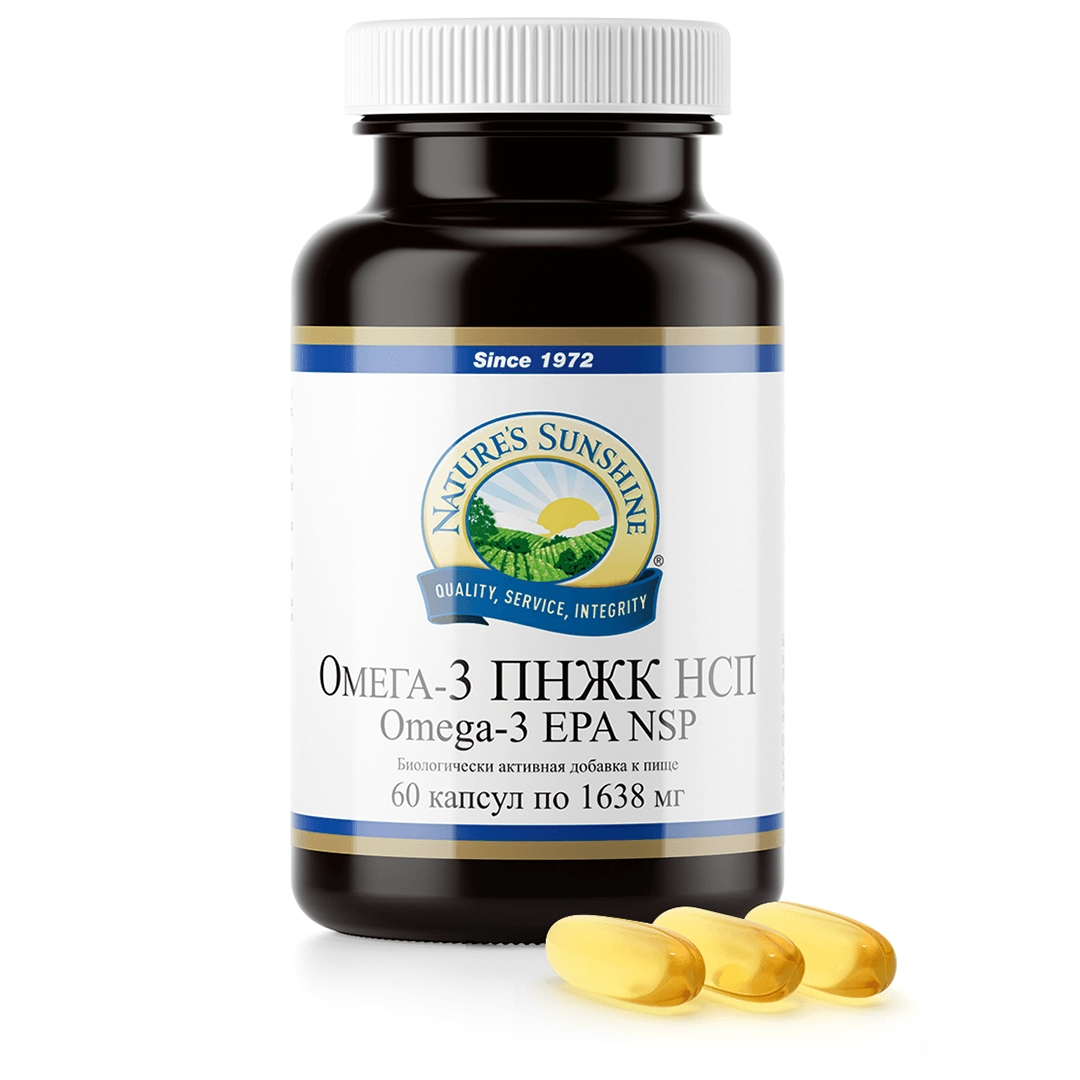Subtotal: ₺460,0
Dietary supplements
Omega-3
Omega-3 EPA
PV: 16.05
Availability:
Out of stock
- Contains EPA and DHA.
- DHA contributes to the maintenance of normal brain functions.
- DHA contributes to the maintenance of normal vision
- The beneficial effect will be achieved when 250 mg of DHA is taken per day.
P. fiyatı / Price / Цена: ₺2.164,0
Partner fiyatı / Partner Price / Партнерская цена: ₺1.405,0
Out of stock

 Alfalfa
Alfalfa 






















